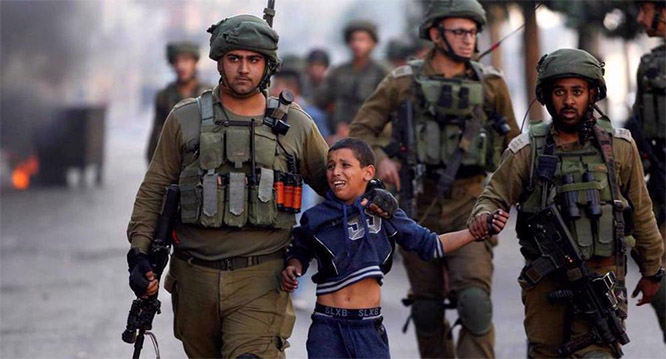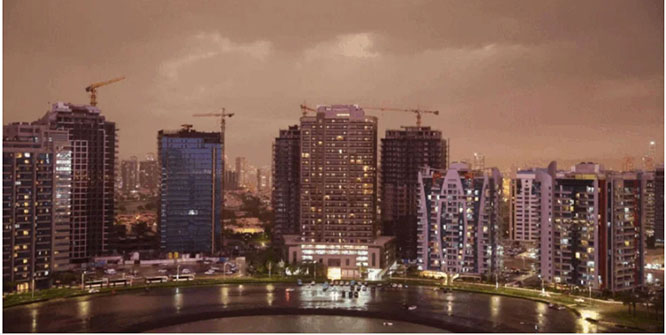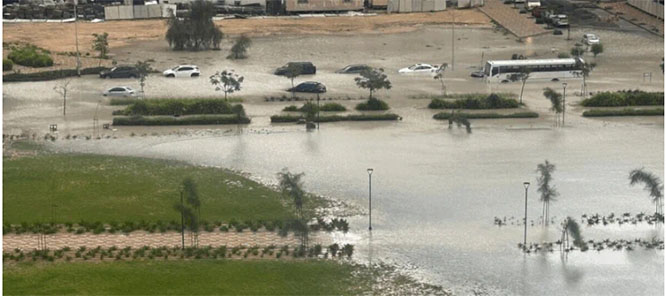Dec 23: I would like to know whether an employee has to pay Dh5,000 as visa charges if for some reason he has to cancel his employment visa after six months of employment. Is there any law in the UAE wherein the employer can ask for the money before cancelling the visa of his employee?

It may also be noted that there are no laws which prescribe that an employee should reimburse the employer towards the visa expenses. Rather it shall be deemed to be in contravention of Article 60 of the Federal Law No 8 of 1980 Re: Regulation of Labour Relations which states:
"No amount of money may be deducted from a worker's wage in respect of private claims, except in the following cases:
1) Repayment of loans or money advances paid to the worker in excess of his entitlements, provided that the amount deducted in this case shall not exceed 10 per cent of his wage.
2) Contributions that the workers are required by law to make from their wages, towards social security and insurance schemes.
3) The worker's contributions to a provident fund or repayment of loans due thereto.
4) Contributions towards any welfare scheme or in respect of any other privileges or services provided by the employer and approved by the labour department.
5) Fines imposed upon the worker for any offence he commits.
6) Any debt exacted in execution of a court ruling, provided, however, that the deduction made in execution thereof should not exceed one-quarter of the wage due to the worker. Where there are several debts or creditors, the maximum deduction shall be half the worker's wage, which shall be divided pro rata among the creditors, after payment of any legal alimony to the extent of one quarter of the worker's wage."
Professions and work ban
I work as an engineer under a limited contract and I have completed only one year with the company. Now I need to quit, but I was informed by the MoL customer care that I will get a six-month ban and that the company can impose a one-year ban which is not removable. Also, I have to pay back 45 days' gross salary to the company in order to start the cancellation procedure even though I gave them 30 days' notice. My designation as per my visa is Electrical Lines Engineer.
It is understood that you are working as an engineer with an entity in the UAE and that you have completed a year of service with this entity and also that your designation as per your visa is mentioned as Electrical Lines Engineer. It is assumed that your employment is subject to provisions of the Federal Law No 8 of 1980 Re: Regulation of Labour Relations (the "Labour Law").
Pursuant to your question, it may be advised that you shall not be liable to face a labour ban if you resign from your job before completion of the contract period. The Labour Law recognises that certain professionals shall be free to change their employment at any point of time.
This is in accordance with Article 2 of the Ministerial Order No (13) of 1991 on 'The organisation of the transfer of sponsorships of non-national labours the rules governing the same' which states:
"Non-national labourers may be allowed to transfer one job to another and hence transfer of their sponsorship if they fall under the following categories:
a) Engineers
b) Doctors, Pharmacists and male and female Nurses
c) Agricultural guides
d) Qualified accountants and account auditors
e) Qualified administrative officials
f) Technician operating on electronic equipment and laboratories
g) Drivers who are licensed to drive heavy vehicles and buses
(in case of transfer of sponsorship from a private firm to another or from a private firm to another or to a government department)."
Further, it may be advised that, since you are working under a limited period contract, in the event you decide to terminate your employment contract, you will have to compensate your employer for the prejudice, by an amount which shall not be more than your 45 days' salary.
This is in accordance with Article 116 of the Labour Law which states as follows:
"Where a contract is revoked for reasons other than those specified article (121), he shall be required to compensate the employer for any prejudice the latter sustains as a result: provided that the amount of compensation shall not exceed half the worker's remuneration for three months or the residual period of the contract whichever is shorter unless the contract contains a provision to the contrary."
It may be noted that for individuals working under a limited period contract, there is no prescribed time-limit for serving a notice period prior to expiry of the contract.










Comments
Add new comment